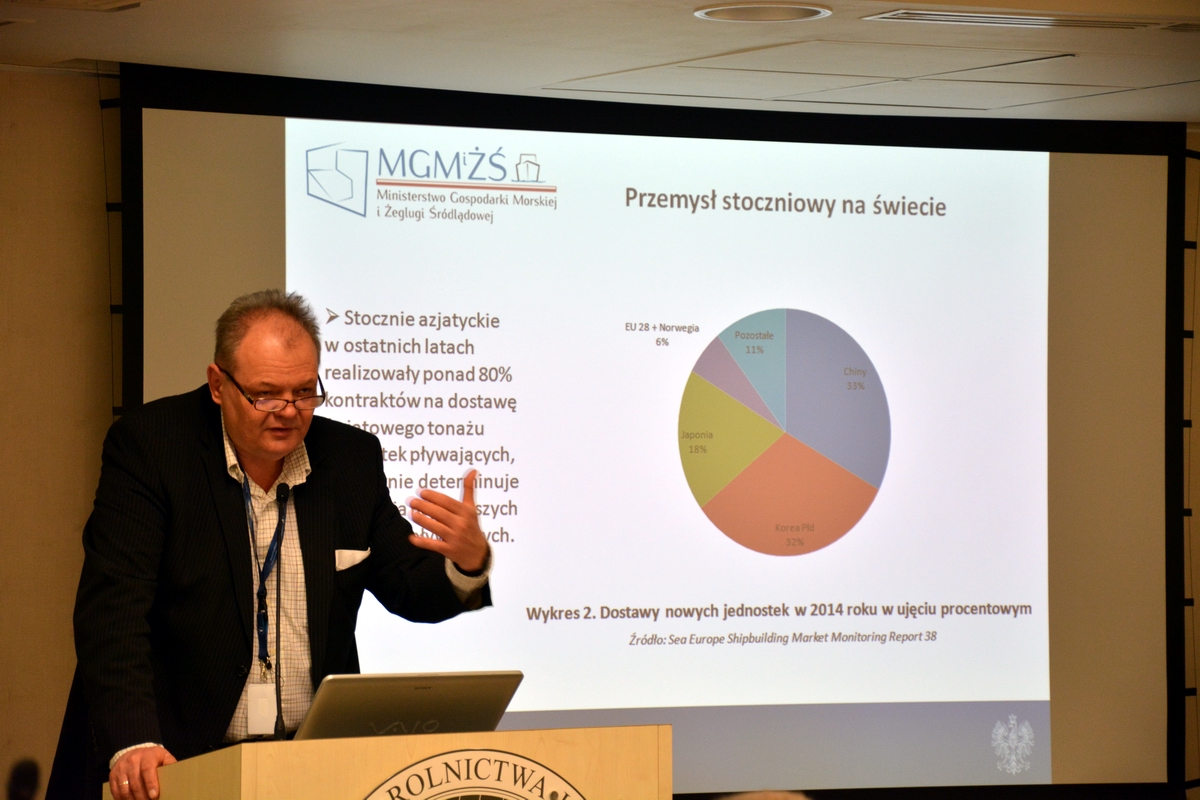General Anti-Avoidance Rules


On July 15, 2016, the provisions regarding the so-called General Anti-Avoidance Rules (“GAAR”) came into force. The purpose of GAAR is to prevent entrepreneurs from conducting economically unjustified activities through which they would obtain tax benefits. Pursuant to GAAR, the Minister of Finance will inspect activities as a result of which a taxpayer has obtained tax benefits exceeding PLN 100,000. GAAR will also apply to the activities performed before its entry into force, if the tax benefits generated therefrom are still being enjoyed by the taxpayer.
GAAR as a remedy for deficiencies of the tax system
GAAR is to be a type of security against the adverse consequences for the state budget resulting from tax optimization being increasingly common among taxpayers, discouraging taxpayers from using legal loopholes in the tax system.
The introduction of GAAR to the Polish legal order is causing anxiety among taxpayers as pursuant to the provisions, in certain situations the Minister of Finance (as the first instance authority in matters in which GAAR can be applied) will be able to procure “neutralization” of tax savings obtained as a result of e.g., restructuring carried out by a taxpayer, which the Minister of Finance will be able to regard as artificial and assess tax under “the state of affairs which could have occurred if a relevant action had been taken”.
Pursuant to GAAR, “a relevant action” means an action “which the entity could have taken in given circumstances if it acted reasonably and observed legal purposes other than obtaining tax benefits.”
It must be noted that GAAR constitutes another attempt to tighten the tax system, as already in 2003 similar regulations operated in Polish tax law. However, these regulations were relatively quickly revoked following a ruling of the Constitutional Tribunal (decision of May 11, 2004, file no. K 4/03), which declared that these regulations contradicted the Constitution.
Application of GAAR
GAAR is to apply only when tax benefits obtained by a taxpayer, as a result of the actions questioned by the Minister of Finance, exceeds PLN 100,000 (for taxes settled periodically, the amount must apply to the settlement period).
GAAR’s entry into force means that taxpayers should be more careful than ever in analyzing their actions. The risks related to the new regulations also concern actions taken in the past, if their tax consequences still have an impact on a taxpayer’s tax settlements (e.g., deduction of depreciation write-offs from the depreciation basis of a real property, which was increased to the market value many years ago, as a result of the step-up process).
At a request of a taxpayer, the Minister of Finance is also to issue securing opinions, which exclude a possibility of issuing tax decisions regarding a taxpayer’s actions as avoidance of taxation. This opinion may regard a planned, commenced or already performed action.
Interpretation doubts regarding the new regulations
GAAR is vague and raises numerous interpretation doubts, mainly due to the fact that it does not clearly define which actions will be regarded as tax avoidance and which were permitted for other reasons (e.g. business reasons). Additionally, GAAR’s compliance with the Constitution is also in doubt.
Nevertheless, until the Constitutional Tribunal declares that GAAR is unconstitutional (taxpayers may wait even a few years for such decision), they must be prepared that the Minister of Finance will analyze their actions in view of possibly applying GAAR and subsequently verify their tax returns. However, it is of no doubt that in the event of a dispute between a taxpayer and the Minister of Finance, it is worth seeking justice before the administrative court. Applying for a securing opinion is also worth considering.
Should you have any questions regarding the above issue, do not hesitate to contact us.
Adrian Jonca
Partner
T.: +48.22.653.4258
Adrian.Jonca@klgates.com
Katarzyna Stec
Associate
T.: +48.22.653.4336
Katarzyna.Stec@klgates.com




